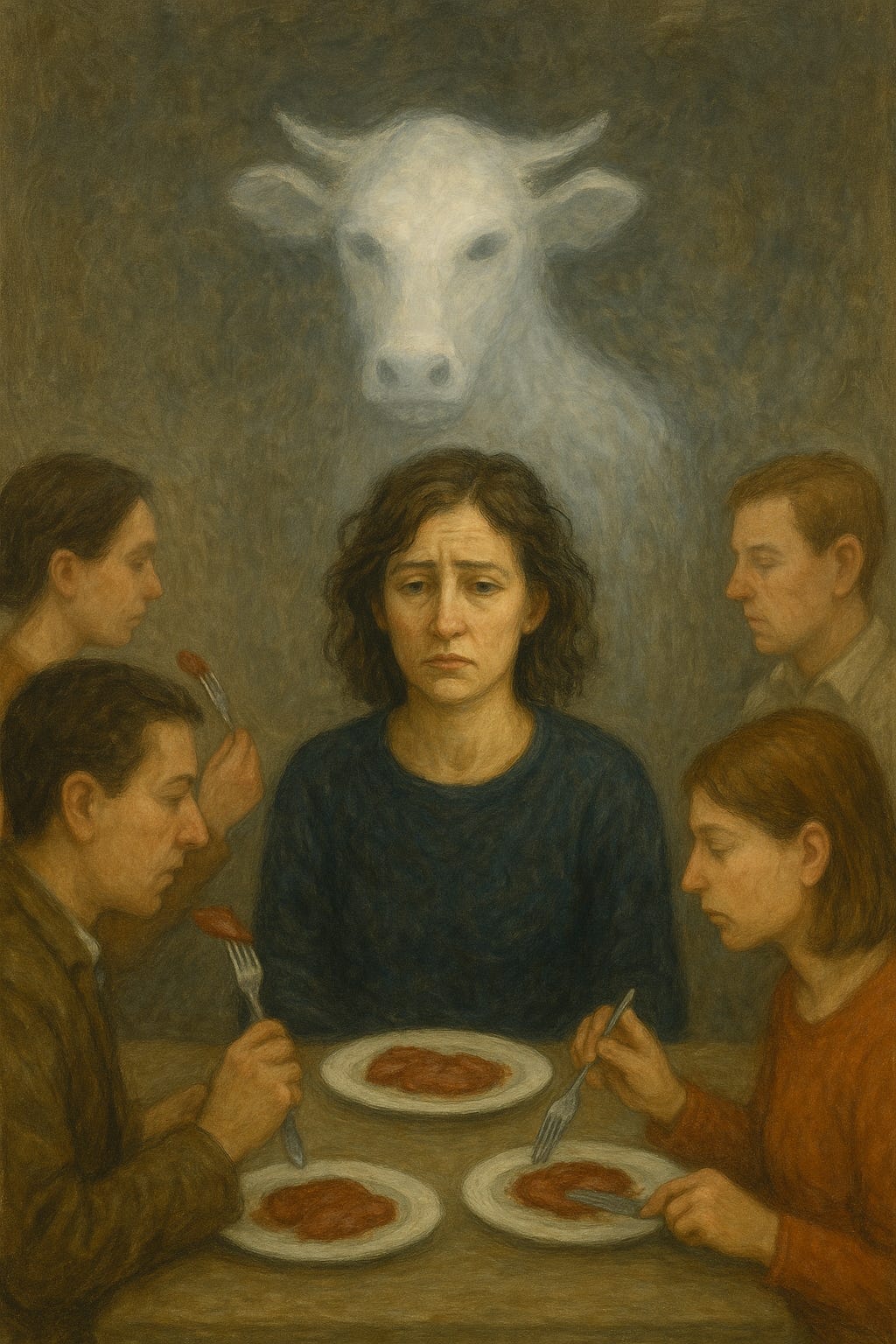In general, I've seen philosophers "bucket" normative ethics into 3 primary categories:
- Virtue Ethics: Emphasize moral character
- Deontology: Emphasizes duties or rules
- Consequentialism: Emphasizes the consequences of actions
However, I would prefer to combine virtue ethics and deontology to create a binary distinction:
- Means: Virtue Ethics and Deontology
- Ends: Consequentialism
I'm not an expert philosopher by any means (heh), but this makes more intuitive sense to me. When we think about "how to do good", the 1st clear question is "are you thinking about your actions (means) or the outcomes of those actions (ends)?" For me, virtue ethics and deontology are two ways to think about your actions. i.e. Deontology—Do your actions align with some duty/rule? Or Virtue Ethics—Do your actions align with some moral character traits?
Questions:
- Is it actually true that philosophers (generally) give the 3-category version over the 2-category version?
- What am I missing about virtue ethics/deontology that implies I shouldn't categorize them both into "means"?
- Whatever the answers to #1 and #2, what do you find to be the most helpful categorical breakdown of normative ethics?
Thanks!




Can I ask why you actually want to catagorize ethics like this at all? I know that it is traditional and it can be very helpful when teaching ethics to set things out like this as if you don’t then students often miss the profound difference between different ethical theories. However a lot of exciting work has never fallen into these catagories, which in any case are basically post hoc classifications of the work of Aristotle, Plato and Mill. Hume’s work for instance is pretty clearly ‘none of the above’ and a lot of good creative work has been done over the past century or more in trying to break down the barriers between these schools (Sidgwick and Parfit being the two biggest names here, but by no means the only ones). Personally I think that there are a lot of good tools and poweful arguments to be found across the ethical spectrum and that so long as you apreciate the true breadty of diversity among ethical theories then breaking them down like this is no longer much help for anything really.
From an EA perspective I think that the one distinction that may be worth paying attention to, and that can fit into your ‘consiquentialism’ Vs ‘deontology and virtue ethics’ distinction, though it is not a perfect fit, are moral theories that can be incorporated into an ‘expected moral value’ framework and those that can’t. This is an important distinction because it places a limit on how far one can go in making precise judgements about what one ought to do in the face of uncertainty which is something that may be of concern to all EAs. However this is a distinction that emerges from practice rather than being baked into moral theories at the level of first principles and there are other aproaches, such as the ‘parliamentary model’ for handelling moral uncertainty, that seek to overcome it.